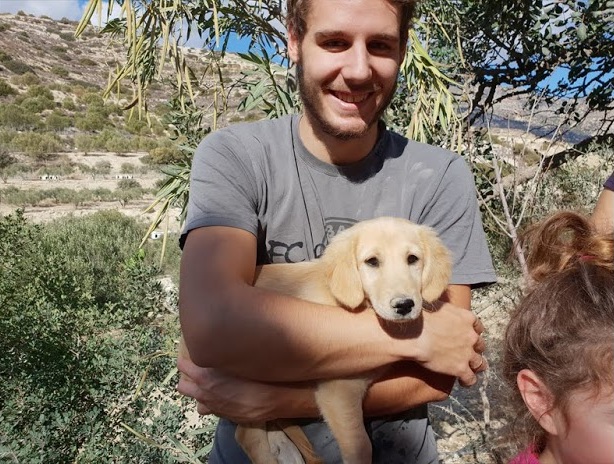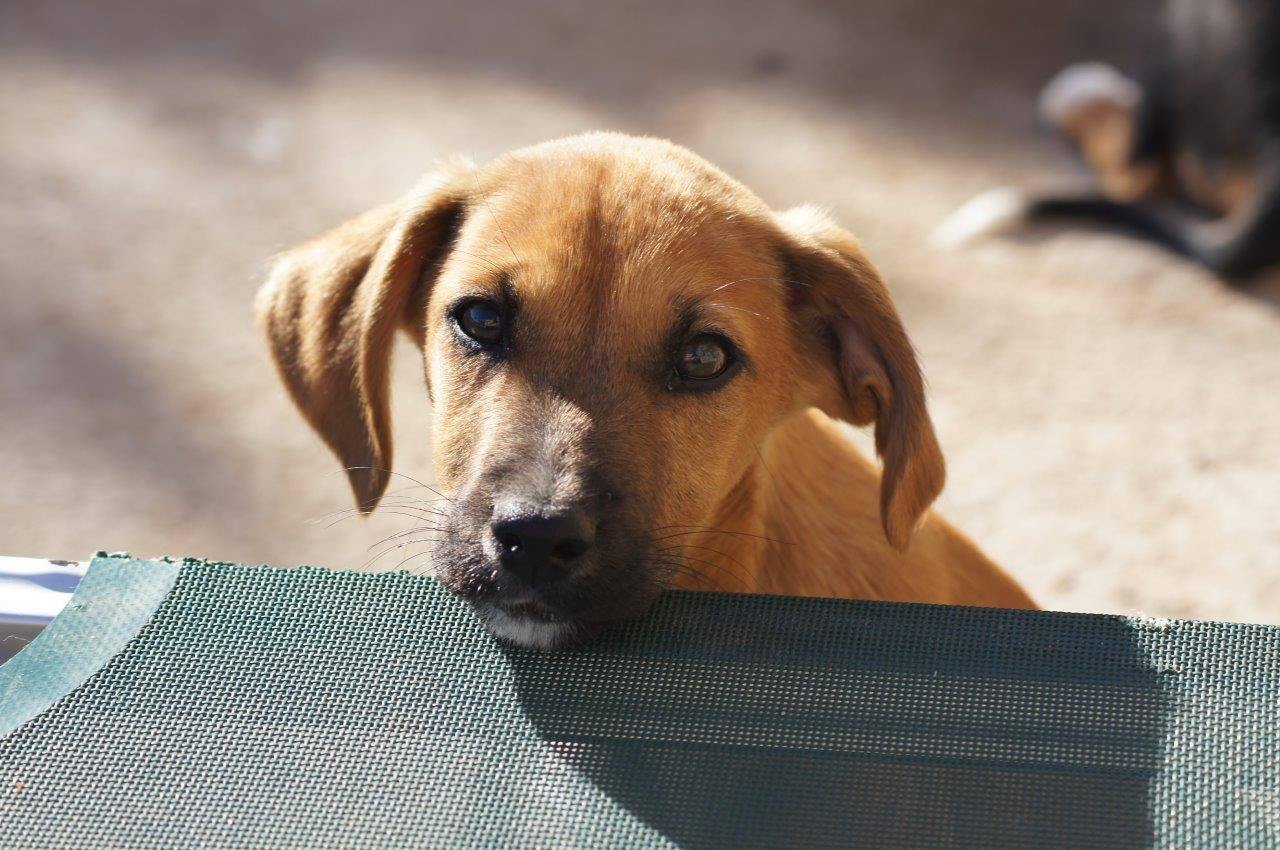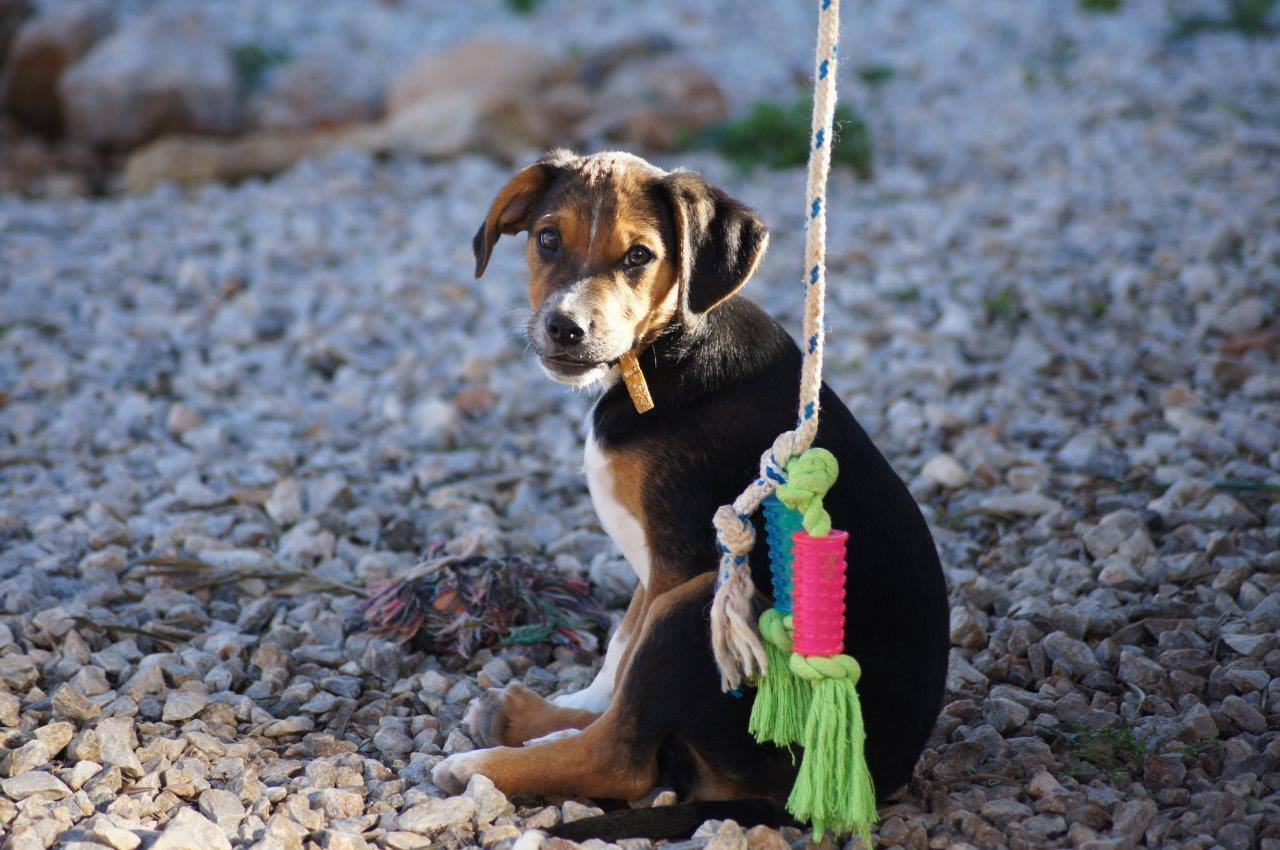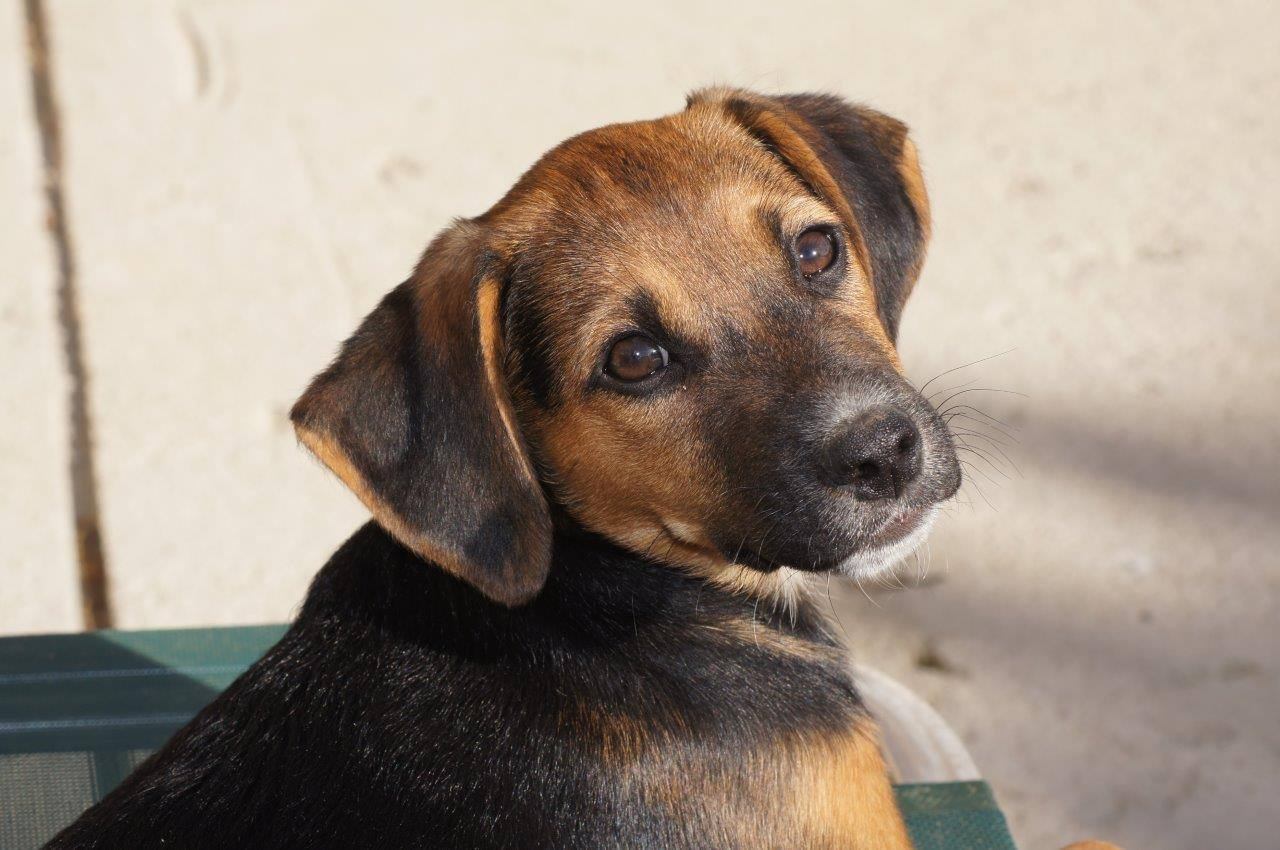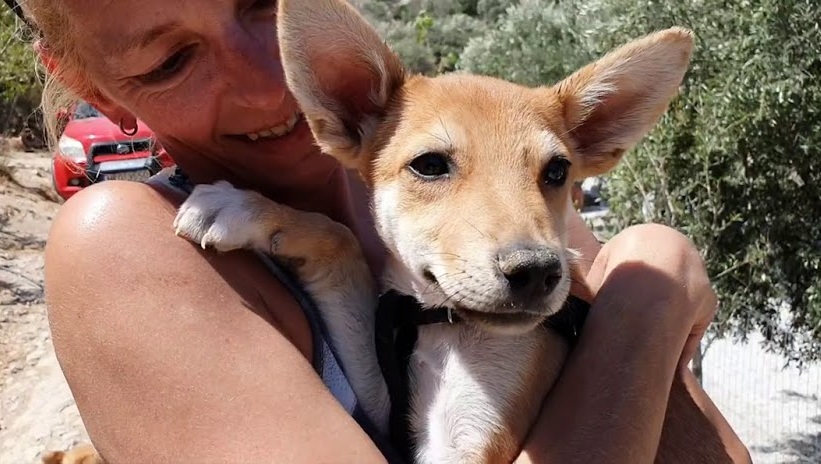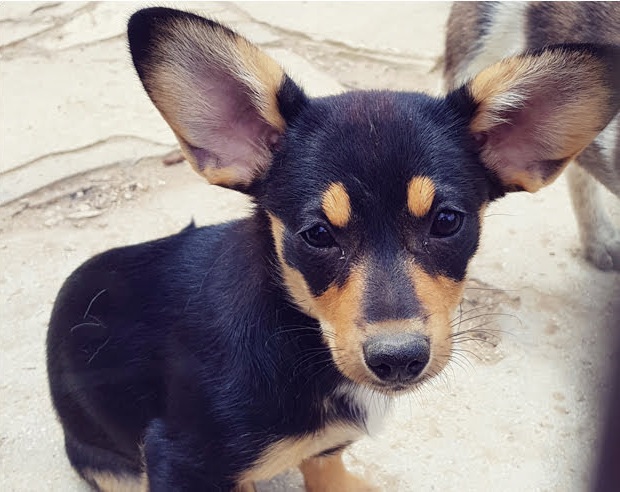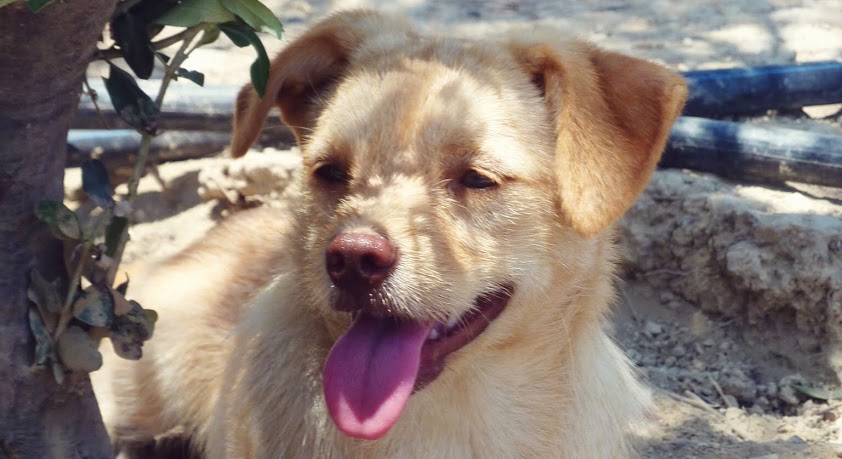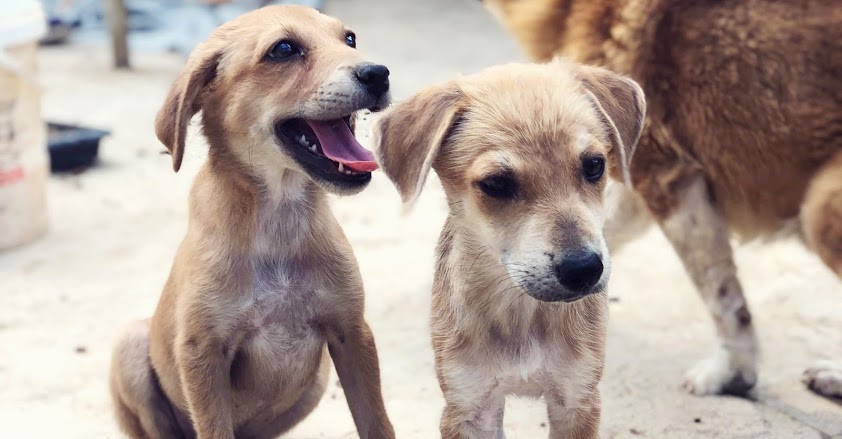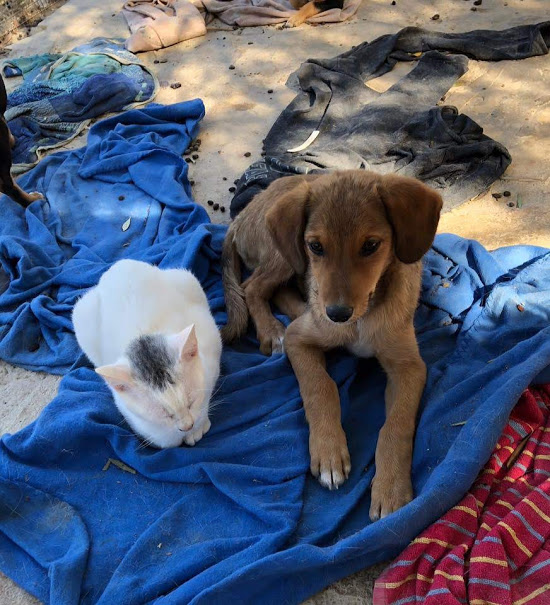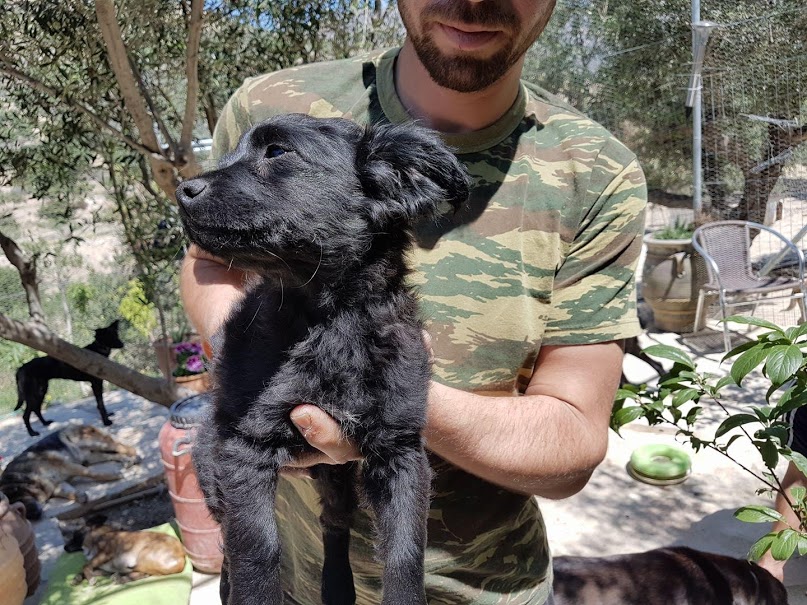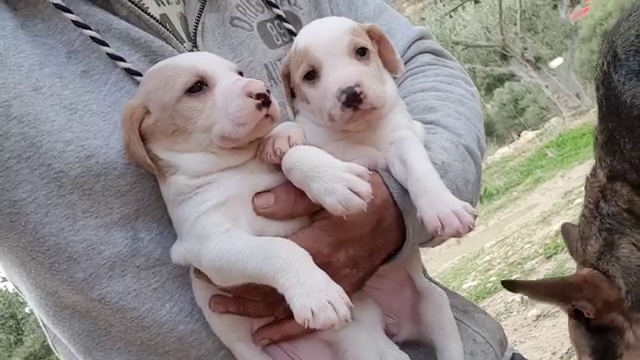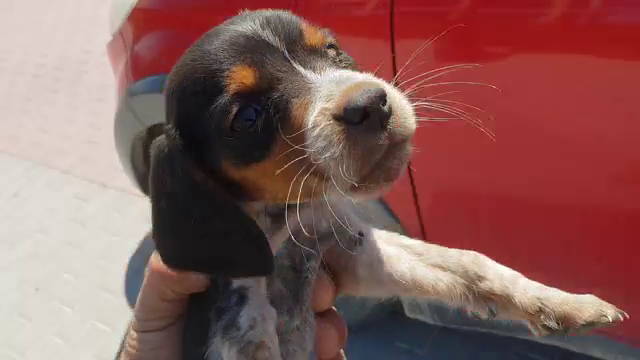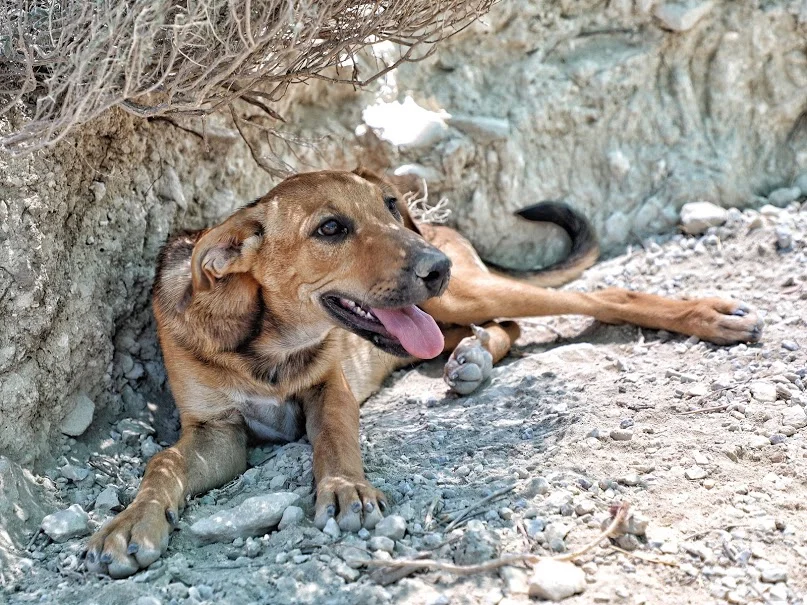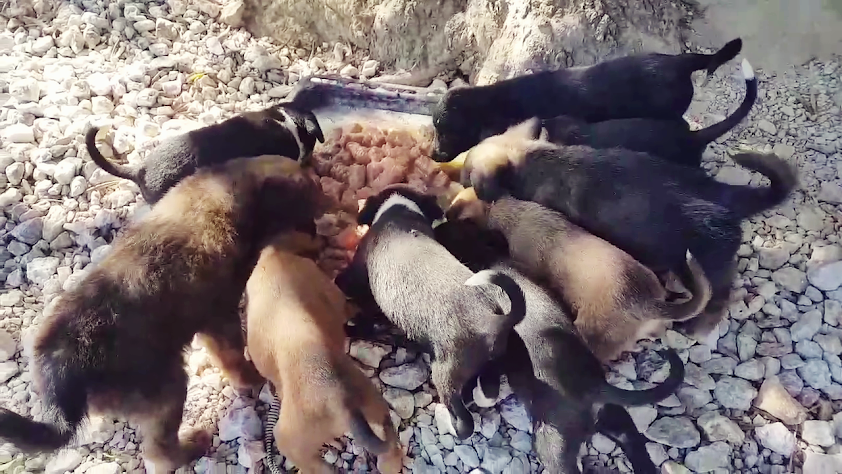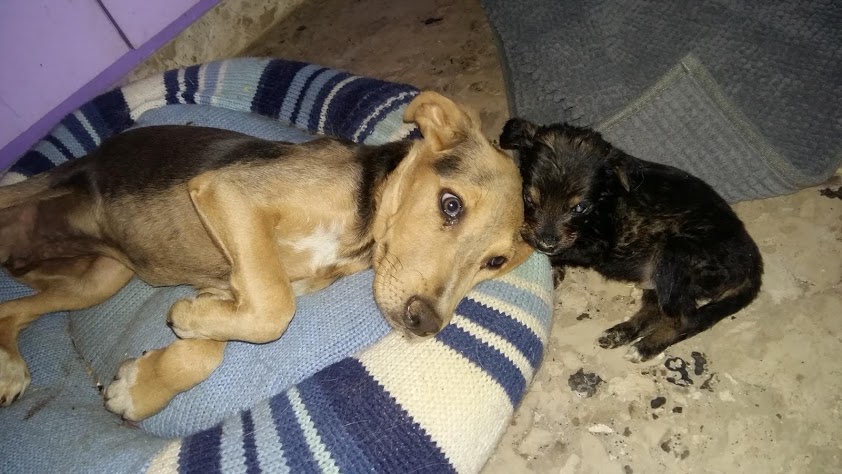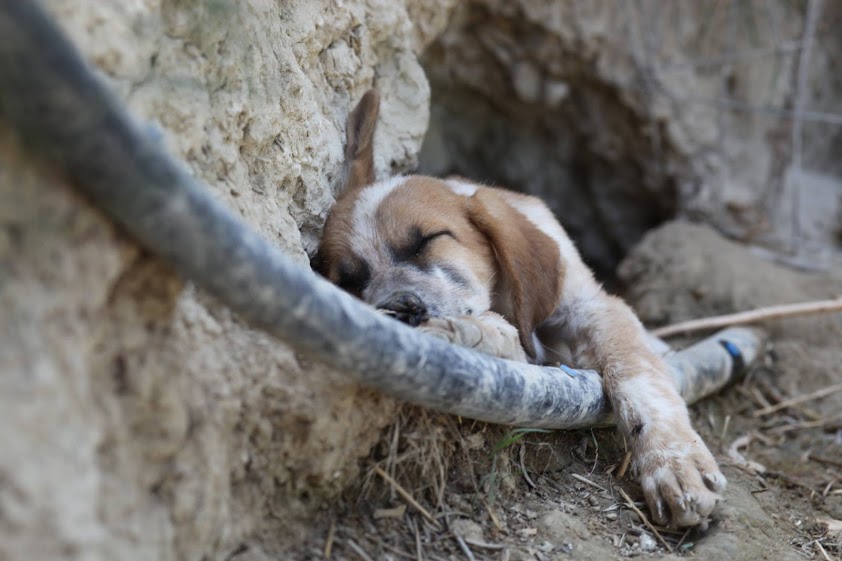“Animals share with us the privilege of having a soul.”
Foster a Puppy and Save a Life!
Takis Shelter is in need of foster homes near Ierapetra.
Foster homes need to provide a safe and loving environment where the puppy will learn obedience, house manners, and socialization skills in order to have better chances of getting adopted.
At Takis Shelter the foster homes are desperately needed for puppies because of a dangerous parvovirus outbreak. By opening your home in or near Ierapetra and fostering one of our puppies, you help save a life — mortality rates for parvovirus are over 90%. The puppies need to be fostered for a period of 2-3 months until they complete their cycle of vaccinations and develop immunity to the virus. Then they are ready to go back to the shelter.
The shelter will cover food and vaccination expenses. All you need to do is provide love and shelter to one or more puppies for 2-3 months until their immune system is ready to be exposed to the virus that may be present in the shelter.
For more information:
If you have a question that is not answered here, you may email us here for the fastest answer.
Ready to foster? Click the button below:
See our puppies
Below are just some of our beautiful puppies! To see more lovely boys and girls waiting for their forever home, visit our Adoption page, and follow Takis Shelter on Facebook for regular updates.
